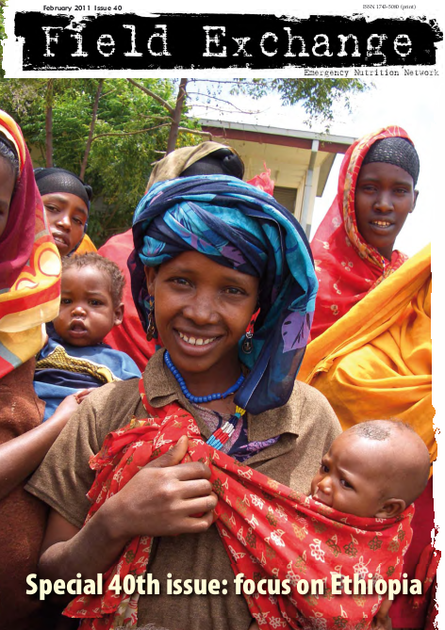
Ethiopia is a diverse country where a significant proportion of the population live on or below the poverty line, where food insecurity is widespread and rates of acute malnutrition are often at or above the international threshold that defines an emergency situation. Levels of chronic malnutrition are also high. Food and nutrition crises arising from the effects of drought, floods, market fluctuations and, at times, political instability are frequently faced. The challenges today are enormous but over the past 25 years, the Government of Ethiopia (GoE), with the technical support and budgetary assistance of many donors, UN agencies, non-governmental organisations and institutions has developed an impressive array of national nutrition, food security, livelihoods and health related policies, programmes and systems. These are driving nutrition and food security improvements and should ensure that the massive loss of lives and livelihoods seen at the height of the famine in the mid-1980s, doesn't arise again.
